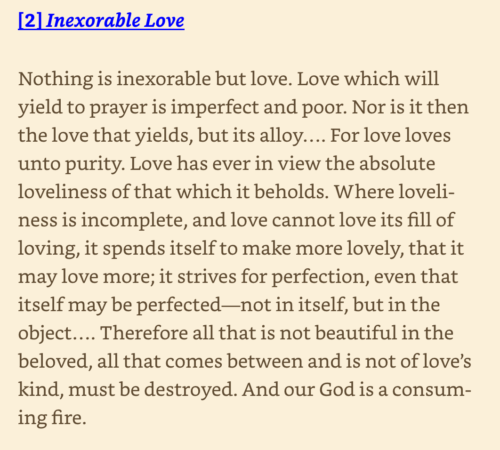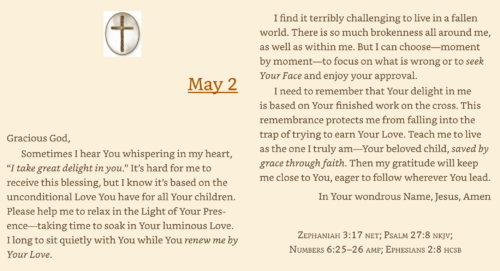A Mysterious Gratitude.
Dear David,
On a chilly desert night this past December, we hosted a gathering of Center for Action and Contemplation (CAC) staff, Board, and Faculty at the Norbertine Abbey on the outskirts of Albuquerque. Our gathering was called to review and confirm the big and exciting plans we have for the future of our mission. With what is happening in the world today, we believe that sharing the wisdom and practices of the Christian contemplative traditions is more important now than ever before.
That night, we also ritually recognized my stepping back from active leadership at the CAC to become Core Faculty Emeritus. To symbolize the crossing of this threshold, I stepped over a smooth piece of piñon pine — leaving behind titles, obligations, and many duties that have kept me so busy for the past 35 years. And on the other side, I stepped into a new phase of life, one filled with trust and acceptance for what is and what will be. There was no magic to this ritual, but the key was to really mean it, and expect that things would be different on the other side.

And now, writing this letter to you five months later, I must tell you that things are truly delightful! All feels right and good. I feel a great peace that is run through with what I can only describe as a “mysterious gratitude” — for where I have been, the opportunity before us, and this incredible community. My lymphoma cancer is now in full remission, and it seems God may be giving me more time. I didn’t ask to live longer; I was truly ready to go. I can only imagine there must be something more for me to do. Pray that I listen well.
Thank you for being on this journey of transition with me, and with us. The entire CAC has crossed an important threshold, and that would not have been possible without your collective support, generosity, and partnership. Our vision of transformed people helping to transform the world is much more than any one person can take on by themselves. But together, I know that we can become a loving force for change of consciousness within each of our communities. We are part of a living tradition of action and contemplation, people who have gone beyond the theoretical and are living out this wisdom in their daily lives. Truly, it will take a movement of such people to create a world where everything belongs.
Twice per year, we pause the Daily Meditations to ask for your support to help continue this work. If you have been impacted by the CAC’s programs (including these Daily Meditations) and are financially able, please consider donating. The CAC is not funded by any large institution or big foundation but by thousands of people who have been impacted by this work — people just like you. We appreciate every gift, regardless of the amount.
Please take a moment to read our Executive Director Michael’s note below about the mission we are all working towards. Tomorrow the Daily Meditations will continue exploring the theme of “Freedom from Shame.”
Peace and Every Good,

Dear David,
Thirty-five years ago, Fr. Richard concluded a letter to the CAC’s first donors and supporters with this invitation:
Come, build with us in “action and contemplation.” Like Jesus, we know that we have a lot of temples to confront, a lot of desert to walk in. But we also know that “grace is everywhere,” that grace is abundant (Romans 5:21), and that only grace is radical enough to call forth the good, the true, and the beautiful (Ephesians 2:6-10). “Be brave,” He says, “I have overcome the world.” (John 16:33).
—Fr. Richard Rohr (1987)
Thank you for being brave and joining with us to build a world where everything belongs! Everything that you do as a reader, contributor, and financial supporter is part of a collective effort to expand the reach and worldwide impact of the Christian contemplation traditions. This work is not easy, simple, or straightforward. But the trust and partnership that so many of you have shown during this time of transition are truly and deeply appreciated.
Since I joined the team in 2014, our primary task has been to lead a multi-year strategy to transform the CAC into a 21st-century global platform for transformative spiritual teaching that builds upon Fr. Richard’s lifetime of work and carries it forward into the future. The only thing more exciting than our progress so far is the potential we see before us. I believe we are entering a new era of spiritual renewal, and we are moving forward with a mysterious gratitude, knowing that there are hundreds of thousands of people like you who are shoulder-to-shoulder with us in this mission.
Your financial support and generosity make all this possible. If you are financially able, we ask you to give to support the expansion of CAC’s work. Please consider making your donation a monthly one. Recurring support helps us consistently invest in new and improved offerings, many at no cost. When you give on a recurring basis, you join a community of people committed to supporting the contemplative path by making a meaningful monthly commitment in service to the healing of our world.
Thirty-five years after Father Richard founded the CAC and five months after he crossed the threshold, we say to all of you:
Come, build with us in “action and contemplation.” There is much more sacred work to be done.
In loving gratitude,

Michael Poffenberger
Executive Director
Center for Action and Contemplation
[18] The Secrets in God
There is a chamber also (O God, humble and accept my speech)—a chamber in God Himself, into which none can enter but the one, the individual, the peculiar man—out of which chamber that man has to bring revelation and strength for his brethren. This is that for which he was made—to reveal the secret things of the Father.
Lewis, C. S.. George MacDonald (pp. 10-11). HarperCollins. Kindle Edition.


